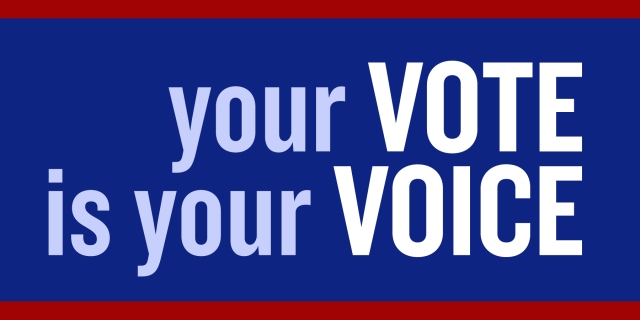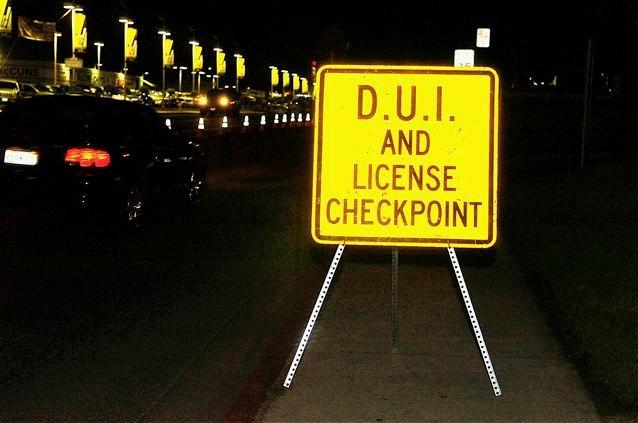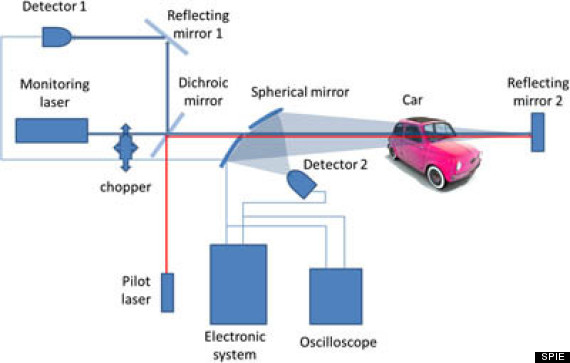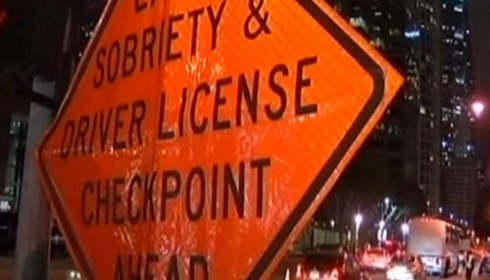
With football time in Tennessee rapidly approaching (as of the time of this article, 9 days, 2 hours, and 23 minutes to kickoff at Neyland Stadium), it seems like a good time to clear up some confusion many people have and maybe keep a few loyal readers out of trouble: what is the “Open Container Law?”
In general, open container laws are laws regulating open containers of alcoholic beverages in public locations (which can include your vehicle). Here I will try to clear up two of the most common confusions I run into regarding Open Container Laws in Tennessee: (1) what does the Tennessee Open Container Law say, and (2) is it enough to just comply with the Tennessee Open Container Law?
**A quick tip: excerpts of statute are inserted in this post for your review. However, if you desire to skip them over, they can be easily identified by their increased indentation.
The Tennessee Open Container Law
So what does the Tennessee Open Container law say? That law is set forth in Tenn. Code Ann. § 55-10-416:
55-10-416. Open container law.
(a) (1) No driver shall consume any alcoholic beverage or beer or possess an open container of alcoholic beverage or beer while operating a motor vehicle in this state.
(2) For purposes of this section:
(A) “Open container” means any container containing alcoholic beverages or beer, the contents of which are immediately capable of being consumed or the seal of which has been broken;
(B) An open container is in the possession of the driver when it is not in the possession of any passenger and is not located in a closed glove compartment, trunk or other nonpassenger area of the vehicle; and
(C) A motor vehicle is in operation if its engine is operating, whether or not the motor vehicle is moving.
(b) (1) A violation of this section is a Class C misdemeanor, punishable by fine only.
(2) For a violation of this section, a law enforcement officer shall issue a citation in lieu of continued custody, unless the offender refuses to sign and accept the citation, as provided in § 40-7-118.
(c) This section shall not be construed to prohibit any municipality, by ordinance, or any county, by resolution, from prohibiting the passengers in a motor vehicle from consuming or possessing an alcoholic beverage or beer in an open container during the operation of the vehicle by its driver, or be construed to limit the penalties authorized by law for violation of the ordinance or resolution.
For those not used to reading through dusty law books all day, allow me to emphasize Tenn. Code Ann. § 55-10-416(a)(1), which sets forth what you can NOT do: “No driver shall consume any alcoholic beverage or beer or possess an open container of alcoholic beverage or beer while operating a motor vehicle in this state.” If you are deemed to have violated the Tennessee Open Container Law, the statute dictates that it is a “Class C misdemeanor, punishable by fine only.” See Tenn. Code Ann. § 55-10-416(b)(1). And fines for a Class C misdemeanor usually cap out at $50.
Is it enough to just comply with the Tennessee Open Container Law
Obviously it isn’t enough to just comply with one law, you have to comply with all of them, but I actually asked this question to bring light to the fact that you have to comply with federal law, state law, AND city ordinances (to name a few).
For example, in addition to the Tennessee Open Container Statute, Knoxville also has an open container law located in the Knoxville, Tennessee, Code of Ordinances Sect. 4-1 (located below).
Sec. 4-1. Possession or consumption on certain property prohibited or restricted.
(a) For the purposes of this section, an open container is one which has any opening through which its contents may pass in order to be consumed by any person.
(b) It shall be unlawful for any person to:
(1) Possess an open container containing beer or alcoholic beverages or to consume beer or alcoholic beverages on the premises of any retail beer sales outlet which does not have an on-premises permit;
(2) Possess an open container containing beer or alcoholic beverages, or consume beer or alcoholic beverages, on any public street, sidewalk, playground, school property, public park or recreational facility or public parking lot within the corporate limits of the city, unless such possession or consumption is exempted pursuant to subsection (d) of this section;
(3) Possess an open container of beer or consume beer on any privately owned parking lot held open to use by the public; or
(4) Possess an open container of beer or consume beer in Chilhowee Park or the Knoxville Zoological Park.
(c) Consumption of alcoholic beverages may be permitted on the Lower Second Creek site in connection with a city-sponsored or authorized event in accordance with a permit granted by the city.
(d) Possession of an open container of beer and the consumption of beer may be permitted in the areas specified in section 4-76 of this Code, provided that such possession or consumption is authorized by a special permit granted by the beer board in accordance with section 4-76.
As you can see, Ordinance Sect. 4-1 makes a number of activities unlawful, including making it unlawful to “[p]ossess an open container containing beer or alcoholic beverages, or consume beer or alcoholic beverages, on any public street, sidewalk, playground, school property, public park or recreational facility or public parking lot within the corporate limits of the city, unless such possession or consumption is exempted pursuant to subsection (d) of this section.” So it is that, tailgating in Knoxville for example, you could get into trouble for a violation of Knoxville’s Open Container Ordinance, even if you aren’t in trouble for a violation of the Tennessee open Container Statute.
In Closing
I hope this clears up a little confusion surrounding Open Container Laws in Tennessee. And if tailgating (or not), hopefully this will help you to avoid your good times being dampened by tickets and fines.
_________________________________________________________________
The author of Defending Tennessee is Nicholas W. Lee, Esq., an attorney in Knoxville, Tennessee (please click here for contact information). Also, please feel free to visit Mr. Lee’s website,www.TNLawyerLee.com, or follow his page on Facebook for updates as to his law practice or new posts to Defending Tennessee by clicking here.
The information on this site is general information and should not be construed as legal advice. Every case is unique and you should consult with an attorney in your state about the specific details of your case. Nothing on this site or in correspondence with Nicholas Lee or his agents shall be construed as forming an attorney-client relationship and information you send prior to the forming of an attorney-client relationship may not be kept confidential. Neither this site nor correspondence with Nicholas Lee or his agents shall be construed as a promise nor as undertaking a duty regarding you or your case. Nicholas Lee and his agents are not retained as your legal counsel unless a valid written Representation Agreement is reached regarding your specific case.
Copyright © 2014. Nicholas W. Lee, Attorney at Law. All rights reserved. This site’s content may not be used without the prior written consent of Nicholas Lee.
“Defending Tennessee” is a privately-ran legal blog and is not a public legal aid agency.







